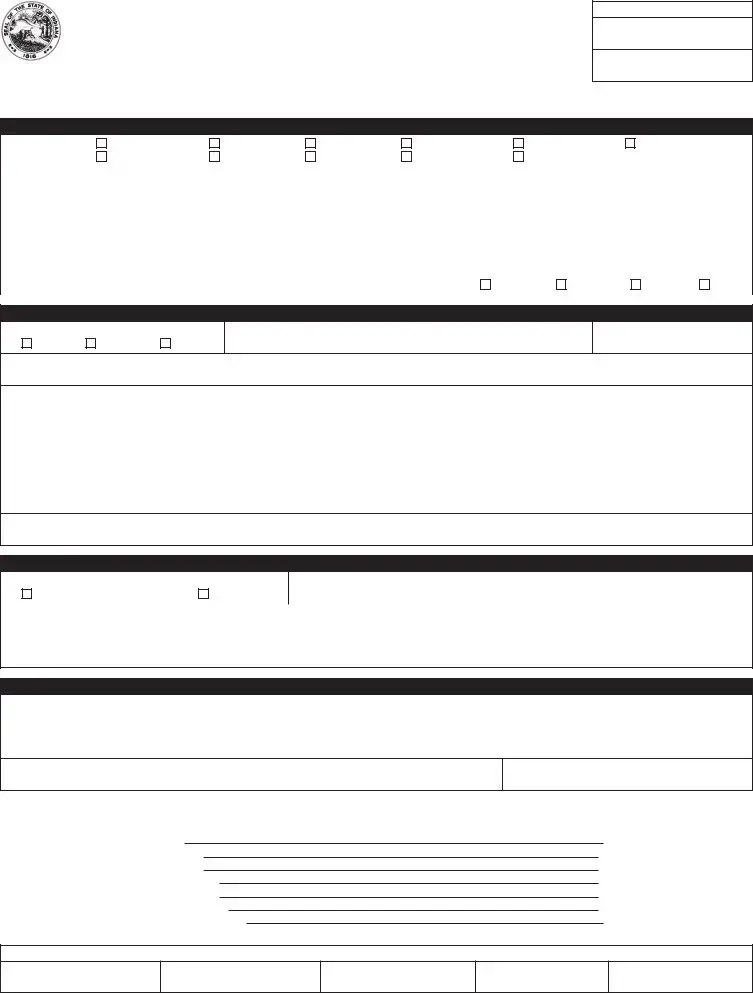What information is required when submitting an application for an Amusement Entertainment Permit in Indiana?
The form necessitates a variety of details, including an updated floor plan and, if applicable, a valid 501c letter for those claiming exempt status. It requests specifics about the facility such as the type (e.g., Theater, Dance Hall, Night Club, etc.), name, address, and a description of the facility including its location details. Applicant information is also required, including the type of applicant (Owner, Operator, Lessee), name, telephone number, and address, along with the name of the principal officer if incorporated, and contact details for inspection purposes. Additionally, permit request information must be given, detailing the type of permit, name and date of the event, hours, intended occupant load, and, for Special Event Endorsements, the existing operating permit number.
Where should the completed Indiana Entertainment Permit application be sent?
The completed application should be returned to the Department of Homeland Security, Division of Fire Safety - Permit Division located at 302 West Washington Street, Room E241, Indianapolis, Indiana 46204.
Are there different types of permits available?
Yes, applicants can request a Special Event Endorsement or an Annual Event permit. The type of permit requested should be clearly indicated within the permit request information section of the application.
How is the permit fee determined?
The fee for the permit is based on the intended occupant load of the event or facility. Fees start at $99.00 for events with 1 to 99 persons and incrementally increase based on the occupancy load, up to $272.00 for events with 10,000 persons or more. There is also a $99.00 fee for a Special Event Endorsement, regardless of occupant load.
What is the protocol if an applicant is claiming exempt status?
Applicants claiming exempt status must include a valid 501c letter with their application. This document serves as proof of their tax-exempt status under the IRS's regulations.
Is a floor plan necessary for all types of Entertainment Permits?
Yes, an updated floor plan is a mandatory requirement for all applications. This is necessary for the reviewing agency to assess safety and compliance with fire and building regulations.
What happens after the application is submitted?
Upon submission, the application undergoes a review process which includes an inspection of the facility. The State Fire Marshal's office may contact the person listed on the form for inspection purposes. Following a successful review and inspection, the permit will be issued.
Can the permit be used for purposes other than those stated in the application?
No, the permit is granted based on the specific events and purposes described in the application. The operation of the place of amusement or entertainment must conform to the laws, rules, and regulations of the Fire Prevention and Building Safety Commission at all times and cannot be used for other purposes except as stated in the application.
